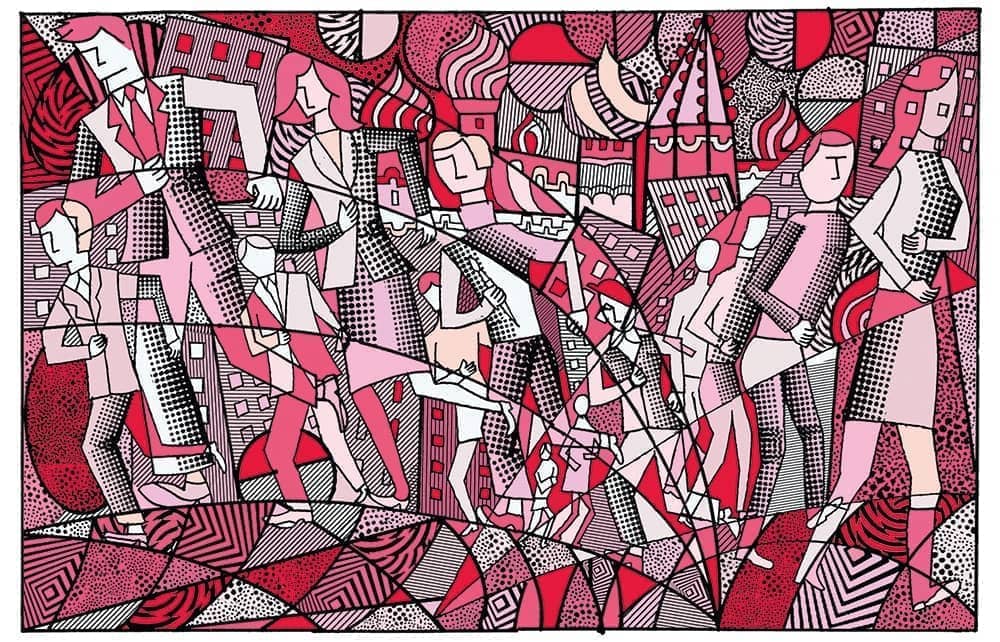If you’re wondering where all those urbane, clever, westernised Russian travellers have gone since the onset of the Ukrainian war – a war which has largely barred them from the West – I can tell you that at least two of them will be found in the tiny Armenian hamlet of Gnishik, high in the summery peaks of the Caucasus. I know this because I met them there last week. And what they told me – about Russia, the war, their lives since the war – was illuminating.
This meeting wasn’t planned. I’d made the long, pot-holed drive from the sunburned Areni winelands, lost in their redrock canyons, up to the wild-flowered heights because I’d heard you could find bears up there, maybe even leopards, along with 6,000-year-old megaliths carved with intricate 10th-century quasi-Celtic khachkars (talismanic Armenian crosses). I never saw the bears. I did find the knackered and poetic khachkars, guarded by wild horses, and then – in the glassy guesthouse kitchen – I came across two thirtysomething Russians, Mikhail and Ludmila, eating organic greens and Megrelian salami. And drinking moonshine Armenian vodka.
As often happens when Russians with vodka meet strangers, they warmly asked me to join them. Taking the vodka bottle to the top floor, we sat on the balcony and gazed out at the moon over the dark blue mountains, and they sketched in their details.
Ludmila explained she ‘managed art galleries’ in Moscow, Mikhail told me he was ‘in IT’. From the way they dressed, to their well-travelled anecdotes, to their excellent English, I surmised he was quite high up ‘in IT’.
Inevitably, the conversation moved to the Ukrainian conflict. And this is where their stories became properly interesting. Ludmila explained: ‘We were in Cairo, in Egypt. Having a holiday! One morning I woke up in our hotel and stared at my phone.








Comments
Join the debate for just £1 a month
Be part of the conversation with other Spectator readers by getting your first three months for £3.
UNLOCK ACCESS Just £1 a monthAlready a subscriber? Log in